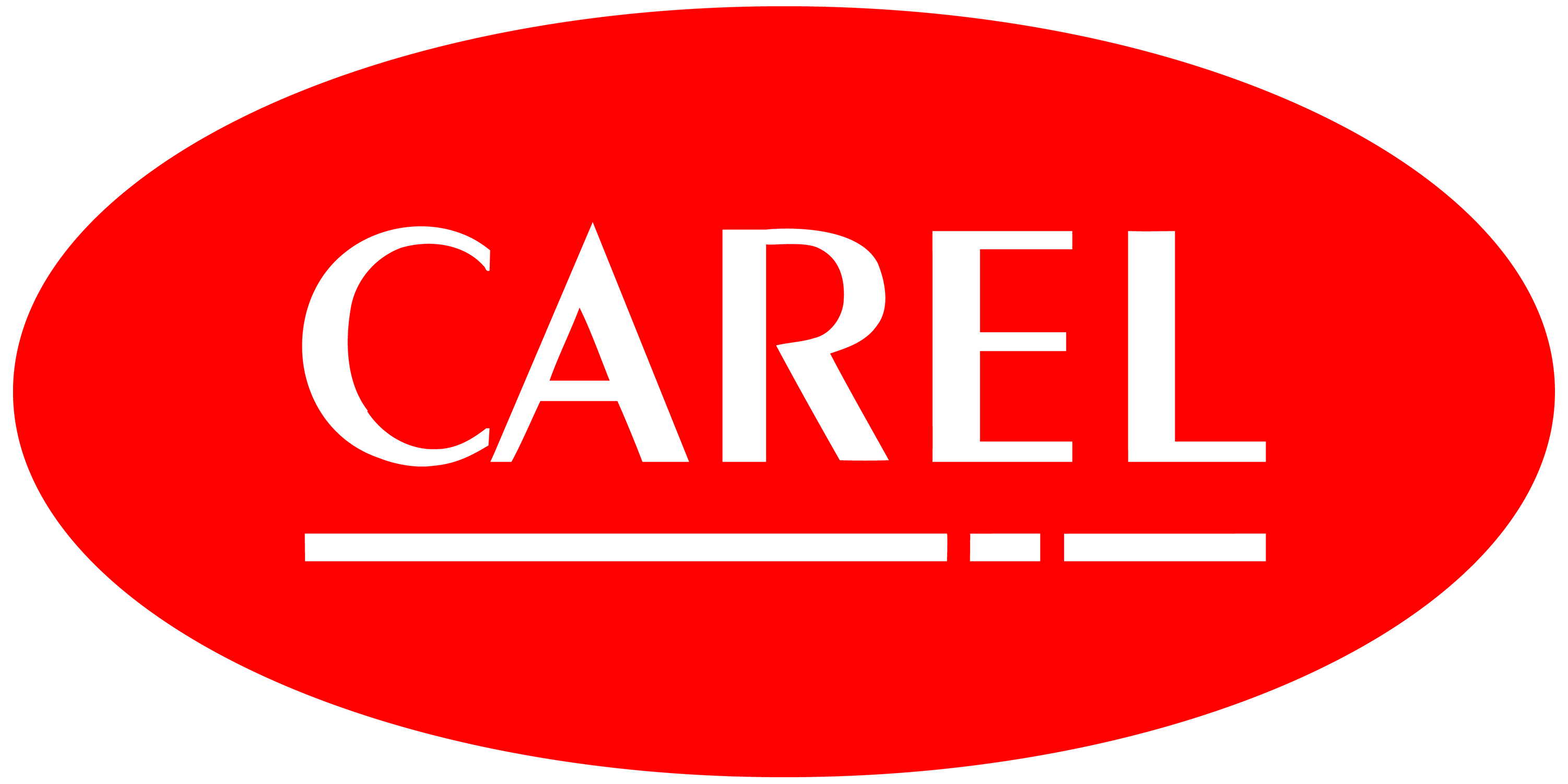Designing sustainable food cold chains
Designing sustainable food cold chains
The expected growth of over 60% in demand for food by 2050 will lead to a significant increase in the infrastructure used to store and process food. The adoption of sustainable technological solutions that reduce food waste is the critical challenge for the food cold chain, both for developing economies and in industrialised countries.

The main challenges of the food cold chain
Globally, the food cold chain accounts for approximately 4 percent of greenhouse gas emissions, considering both emissions relating to refrigeration systems and those resulting from food waste due to insufficient refrigeration (IIF/IIR 2021).
The design of refrigeration systems therefore requires:
-
the adoption of low GWP and ODP refrigerants, above all natural refrigerants such as propane (R290), CO2 (R744) and ammonia (R717);
-
the use of components and technologies that help reduce electricity consumption, thus minimising indirect emissions due to energy production;
-
the implementation of specialised control algorithms for optimal product storage and specific control of the food life cycle;
-
the introduction of supervisory systems for monitoring the preservation of goods and notifying any anomalies and alarms to ensure a prompt response.

Optimal food preservation through custom solutions
Optimal food preservation and storage often requires specialised processes that involve precise control of temperature, humidity and air quality right from the very first stages.
The CAREL offering provides the possibility to combine the integration of advanced technologies compatible with natural refrigerants (such as modulating electronic valves, inverters, and compressors) with customised control logic for the specific application.
The wide range of programmable controllers and the availability of CAREL’s development tools (such as the new STone development IDE) allow customisation of the control logic for optimised operating cycles in each specific application.
For even easier integration, CAREL can support the design and construction of electrical panels, helping to reduce the time-to-market for the launch of new solutions.
Furthermore, seamless integration of CAREL apps, such as APPLICA and CONTROLLA, simplifies installation and maintenance.

Preventive monitoring to ensure service continuity
Preventive monitoring and timely notification of anomalies are key elements in ensuring service continuity, ensuring the right product preservation and storage conservation are maintained throughout the supply chain.
CAREL’s boss family supervisor solutions provide continuous monitoring and logging of system information, as well as remote parameter settings to optimise the operation of the refrigeration units.
Finally, sending notifications in the event of anomalies drastically reduces service response times for faster resolution of critical issues, even via remote.
